“Those who came to this land sought to build more than just a new country. They sought a new world. So I have come here today to your campus to say that you can make their vision our reality. So let us from this moment begin our work so that in the future men will look back and say, “It was then, after a long and weary way, that man turned the exploits of his genius to the full enrichment of his life.
Thank you.
Goodbye.”
President Lyndon B. Johnson closed his “Great Society” speech at the University of Michigan with those words. The date was May 22, 1964 – some 51 years ago today.
The President’s “Great Society” agenda resembled the “New Deal” domestic programs established by President Franklin D. Roosevelt more than 30 years earlier.
After dropping 2-of-3 to the first-place Giants, the Phillies were moving down the West Coast to Los Angeles to begin a three-game series with the defending World Series champions.
The Dodgers relocated from Brooklyn to Los Angeles in 1958. For their first three years in town, the Dodgers played in the L.A. Coliseum, which was modified to accommodate baseball.
To begin the 1962 season, the Dodgers moved into Dodger Stadium, sometimes called Chavez Ravine. The seating capacity of 56,000 made it the largest baseball-specific arena in the U.S.
On a bright note for the Phillies, Dodger ace Sandy Koufax beat the Mets 3-2 a day earlier, so they were going to miss him as a starter in this series.
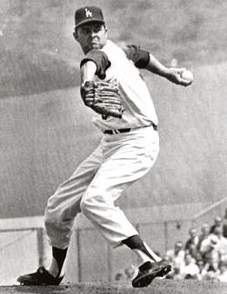 But the step-down from Koufax wasn’t much of a drop. It was Don Drysdale who’d already won five games. So it was Don Drysdale (5-2) in the series opener versus Chris Short (1-1) in front of 38,920 fans. This was the largest crowd to see the Phillies play so far this season.
But the step-down from Koufax wasn’t much of a drop. It was Don Drysdale who’d already won five games. So it was Don Drysdale (5-2) in the series opener versus Chris Short (1-1) in front of 38,920 fans. This was the largest crowd to see the Phillies play so far this season.
Don Drysdale went 25-9 in 1962 before “slumping” to 19-17 in 1963. This season, after five straight complete-game victories, Drysdale lost his last start to the Pirates.
Chris Short, making his third start since being promoted to the starting rotation, pitched a five-hit, complete-game 2-0 shutout over the Colts five days earlier.
Both Drysdale and Short pitched five shutout innings to start the game ─ both giving up five hits.
With one out in the top of the sixth, Richie Allen reached first on an error by Maury Wills; moved to third on a single by Johnny Callison; and scored when Wes Covington lifted a sacrifice fly to right to put the Phillies in the lead at 1-0.
No change until the bottom of the seventh.
With one out in the bottom of the seventh, Ken McMullen and Dick Tracewski hit back-to-back singles to put runners on first and second. Willie Davis flew to center for the second out. Feeling like he was running out of time, Dodger manager Walter Alston lifted Drysdale for pinch-hitter Lee Walls.
Short walked Walls to load the bases with two outs, but then he pitched out of the jam by getting Maury Wills to hit into a force at second to end the inning.
In the top of the eighth, Ron Perranoski (2-0) took over on the mound for the Dodgers. In addition to his two wins, Perranoski also picked up two saves.
The game moved to the top of the ninth with the Phillies still on top 1-0.
Johnny Callison singled and moved to second on a sacrifice by Ruben Amaro, who’d come in as a defensive replacement in the bottom of the eighth. Tony Gonzalez struck out looking for the second out.
John Herrnstein singled Callison home with an insurance run that put the Phillies ahead 2-0.
In the bottom of the ninth, Chris Short (2-1) gave up a one-out single to Ken McMullen, but he got Dick Tracewski to ground into a 6-4-3 DP to complete the 2-0 shutout. It was Short’s second shutout in his last two starts and his ERA dipped to an amazing 0.28.
Don Drysdale (5-3) took the loss.
In San Francisco, Willie McCovey (8), Orlando Cepeda (4), Tom Haller (3), and Willie Mays (17) all hit home runs to power Ron Herbel’s (2-0) 8-3 victory over the Pirates.
In Milwaukee, Curt Simmons (6-2) picked up his sixth win in an easy 6-1 Cardinals win over the Braves. Ken Boyer (6) and Julian Javier (4) homered for the Cards.
Bottom line – the Giants held a one-game lead over both the Phillies and the Cardinals.
(Excerpted from 1964 – The Year the Phillies Blew the Pennant by Barry Bowe.)
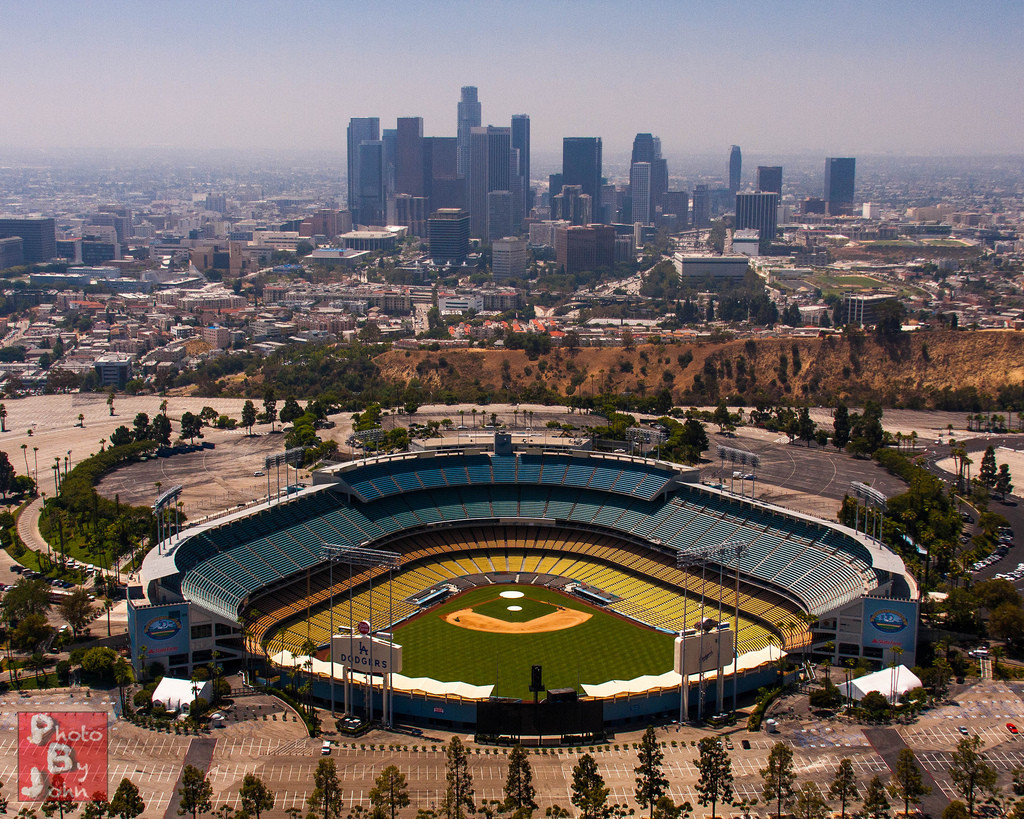
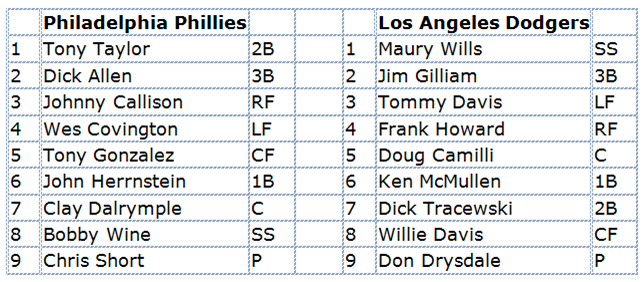
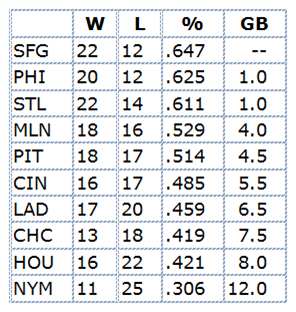


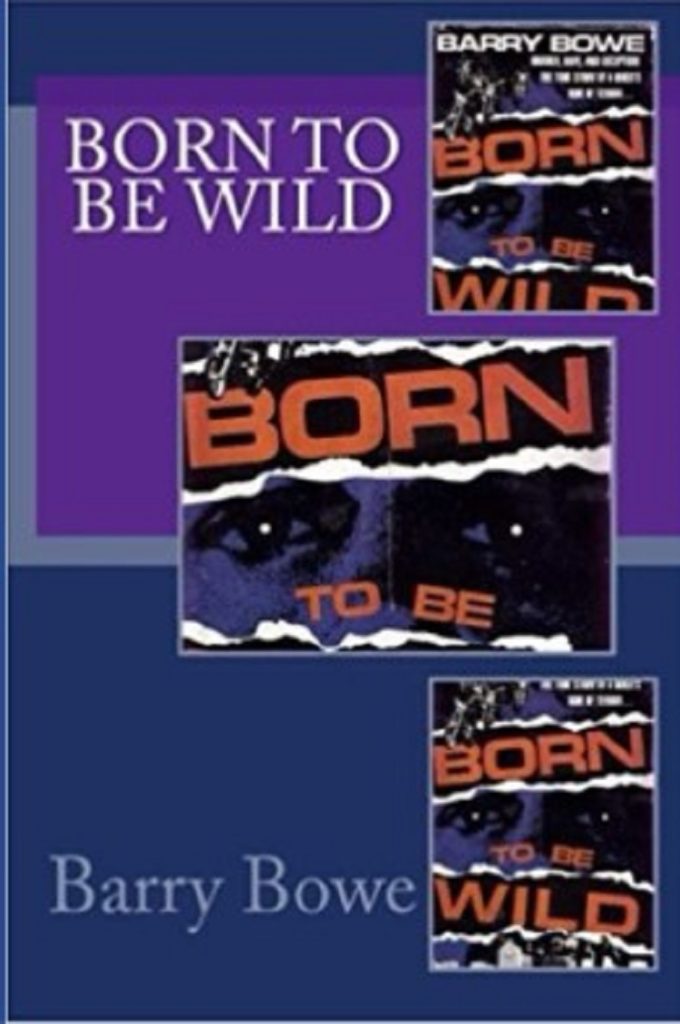
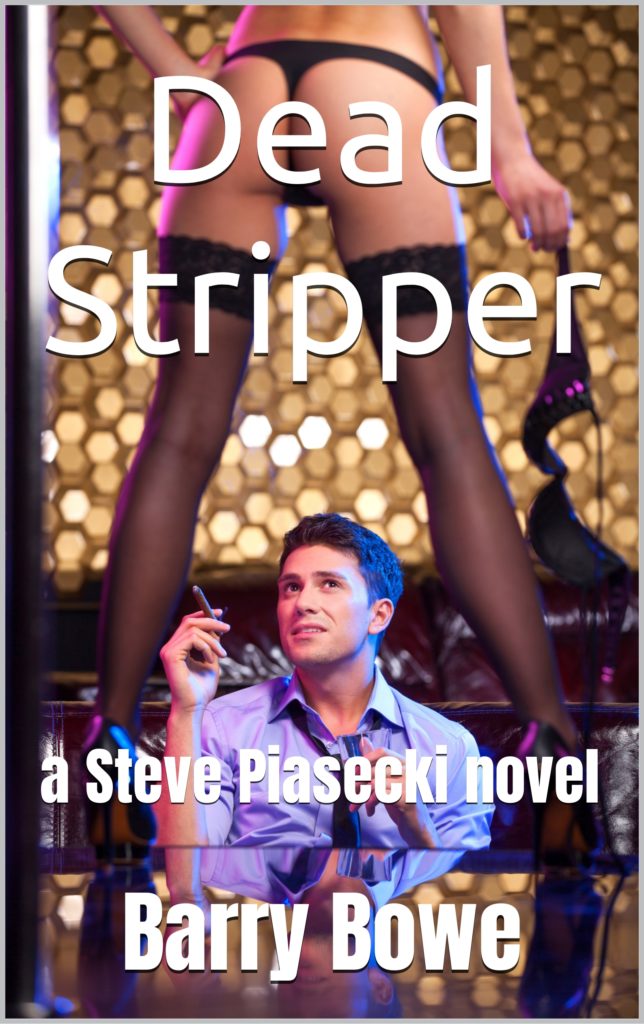
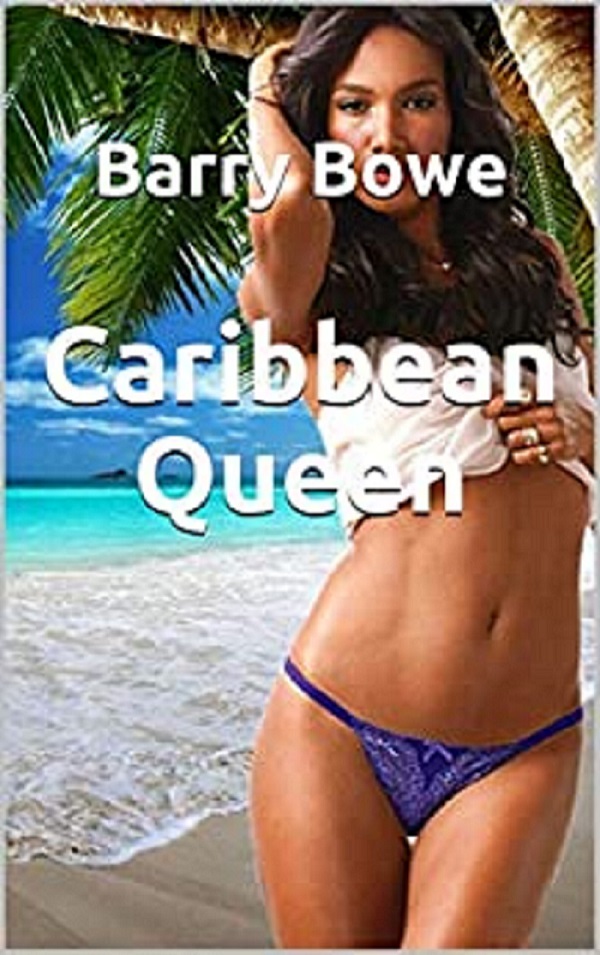
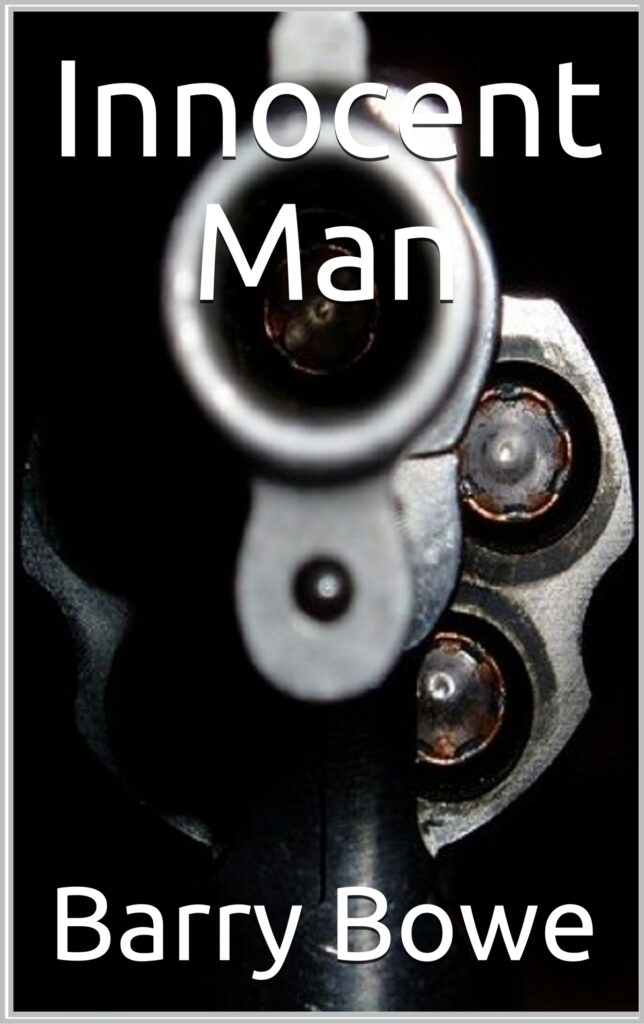
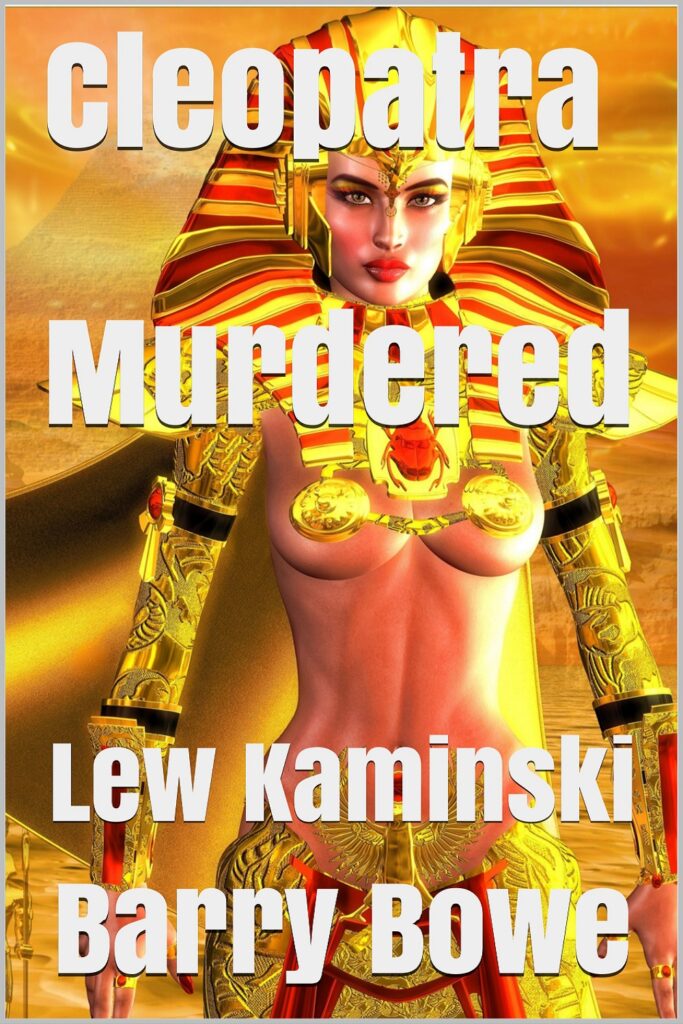
Comments
No Comments